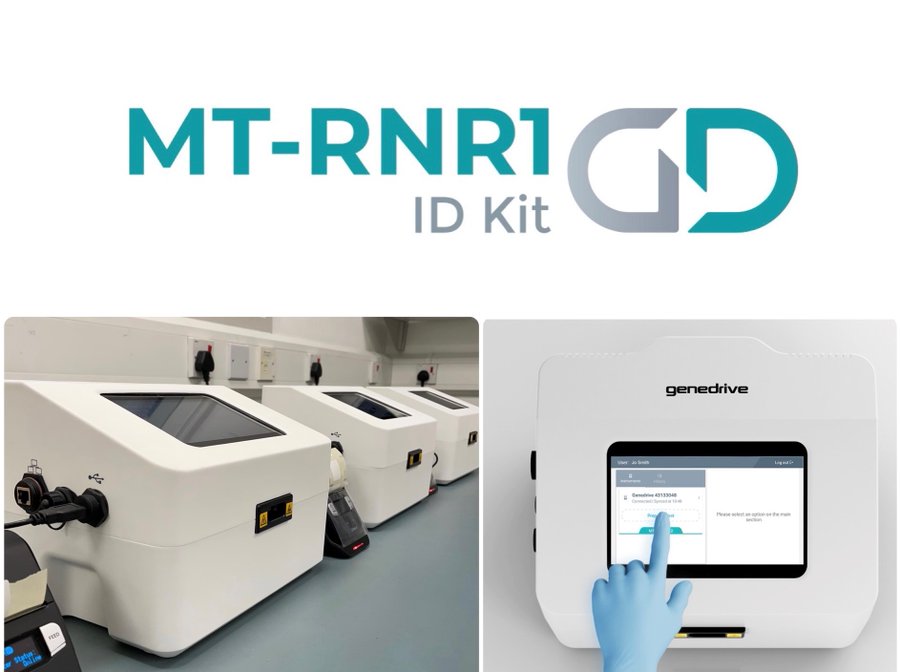
NICE has recommended further evidence generation for the Genedrive MT-RNR1 ID Kit, a technology developed to detect a genetic variant that guides antibiotic use and prevents hearing loss in babies.
This plan outlines the gaps in evidence for the technology and the real-world data that needs to be collected for a future NICE review. The responsibility for data collection and analysis lies with the technology developer.
Support for evidence generation will be facilitated by the Office for Life Sciences, pending business case approval. This includes funding for evidence generation consortia, bringing together analytical partners, implementation sites, and developers.
Guidance on commissioning and procurement of the technology will be provided by NHS England, who is also developing a digital health technology policy framework.
After 3 years of evidence generation, the developer should submit the evidence to NICE for review and decision making on routine adoption in the NHS.